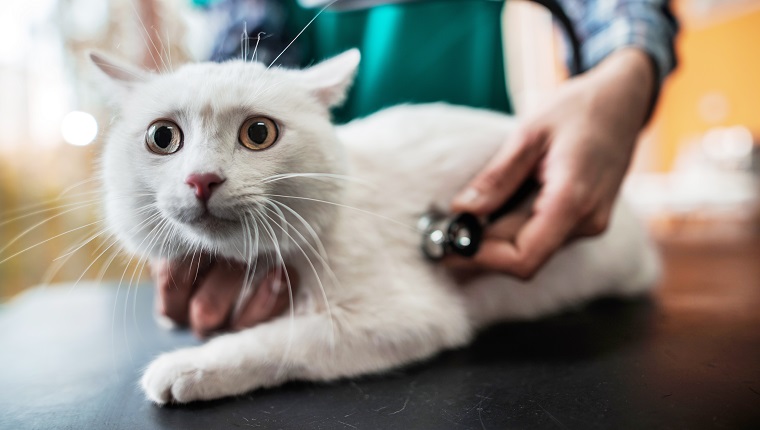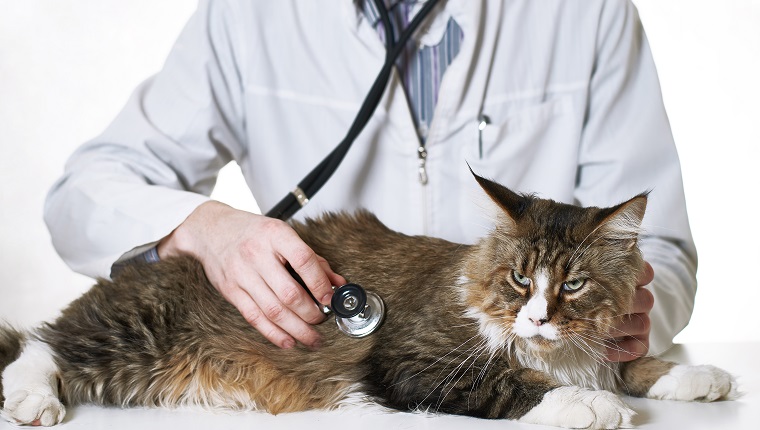Abnormal protein production in cats, medically known as paraproteinemia, is a condition where the animal’s plasma cells produce abnormal proteins, called M-components. This negatively impacts a cat’s antibody response when it comes to battling infections.
The condition often appears in plasma cell tumors, along with a cancer involving white blood cells. Thankfully, it’s quite rare; although, the condition does affect senior cats more often than younger ones.
If you see concerning symptoms in your cat, then you must consult your veterinarian for a proper diagnosis and course of treatment. Here’s what you should know about the symptoms, causes, and treatments of abnormal protein production in cats.
Symptoms Of Abnormal Protein Production In Cats
Abnormal protein production in cats brings on a range of symptoms. Some of the most common symptoms include:
- Feeling week and acting lethargic
- Seizures
- Drinking more water
- Urinating more often
- Experiencing nose bleeds
Causes Of Abnormal Protein Production In Cats

The cause of abnormal protein production in cats can often be genetic.
Some of the other most common causes include viral infection, certain types of cancer, and exposure to a number of carcinogens, including solvents and paints.
Treatments For Abnormal Protein Production In Cats
If you think that your cat is suffering from abnormal protein production, then your veterinarian will want to carry out a full physical examination. They’ll also ask about any recent potential exposure to carcinogens.
In many cases, vets can use blood and urine tests, as well as a full biochemistry profile, to confirm their diagnosis. They may also suggest x-rays of the abdominal area to look for signs of lymphoma.
Treatment can often involve radiation and chemotherapy. Additionally, vets may prescribe antibiotics to treat any infections. If your vet prescribes a course of antibiotics for your cat, it is vital that you adhere to the precise dosage and frequency of use, along with completing the full course of medicine even if your cat seems to feel better.
Has your cat ever suffered from abnormal protein production? Did your vet figure out the underlying cause? Then tell us all about it in the comments below.









